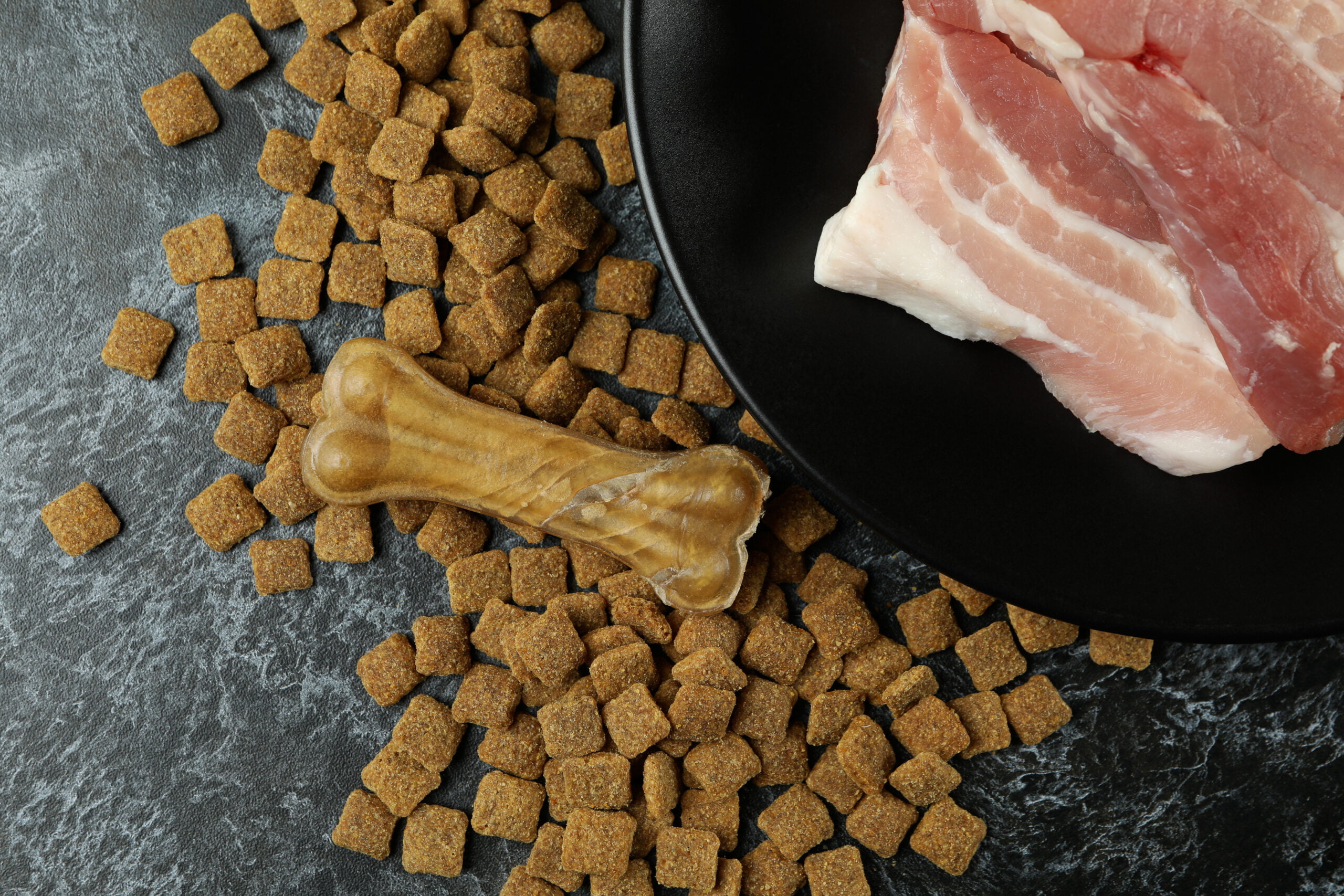Dogs, just like humans, have specific nutritional needs that must be met to ensure optimal health. Additionally, the prevalence of food allergies in dogs adds another layer of complexity to their dietary requirements. Let’s explore the canine diet, and how options like Badlands Ranch dog food can help you care for your canine companion.
Proteins: Building Blocks for a Healthy Dog

Proteins are the fundamental building blocks of life for dogs. They play a crucial role in supporting muscle development and repair, as well as various bodily functions. High-quality sources of animal protein, such as lean meats or fish, should be included in a dog’s diet to provide the necessary amino acids.
Fats: Energy and Essential Nutrients
Fats serve as a concentrated source of energy for dogs. They are also essential for maintaining healthy skin and coat, aiding in the absorption of fat-soluble vitamins, and supporting various bodily functions. Including healthy fats, such as those found in fish oil or chicken fat, is crucial for a well-rounded canine diet.
Carbohydrates: Optional but Beneficial
While dogs are primarily carnivorous, carbohydrates can still play a beneficial role in their diet. Carbohydrates provide a source of energy and can contribute to a well-balanced diet when chosen wisely. Whole grains, vegetables, and fruits can be included to provide fiber and additional nutrients.
Vitamins and Minerals: Supporting Vital Functions
Vitamins and minerals are essential for dogs to maintain proper bodily functions. These nutrients play a crucial role in bone health, immune system support, cell function, and overall well-being. A balanced canine diet should include a variety of fruits, vegetables, and high-quality dog food formulated to meet these specific nutritional needs.
Choosing the Right Commercial Dog Food

When selecting commercial dog food, it’s essential to read labels carefully. Look for
products that list a high-quality source of animal protein as the main ingredient, such as chicken or beef. Avoid foods that contain fillers, by-products, or artificial additives, as these can contribute to digestive issues and allergies in some dogs. Additionally, consulting your veterinarian for specific recommendations based on your dog’s breed, age, size, and activity level is highly recommended.
Food Allergies in Dogs
Food allergies are a common concern among dog owners. Dogs, like humans, can develop intolerances to certain ingredients in their diet. The most common food allergens for dogs include beef, chicken, dairy, wheat, soy, and corn. Symptoms of food allergies in dogs can manifest as itching, skin rashes, gastrointestinal issues, ear infections, and even respiratory problems.
To identify the specific allergen, an elimination diet may be recommended by your veterinarian. This process involves feeding your dog a limited ingredient diet and gradually reintroducing ingredients to pinpoint the allergen responsible for the adverse reactions.
Specialized Diets for Food Allergies
Managing food allergies often requires specialized diets. Grain-free diets, which exclude common allergens like wheat and corn, have gained popularity. However, it’s important to note that recent research has suggested a potential link between grain-free diets and a specific heart condition called dilated cardiomyopathy (DCM) in some dog breeds. Therefore, consulting your veterinarian before making significant dietary changes for your dog is crucial.
Alternatively, a homemade diet can be considered. Preparing your dog’s meals at home allows for full control over the ingredients. However, it is vital to ensure that the diet is balanced and meets your dog’s nutritional needs. Working with a veterinary nutritionist can help you develop a customized meal plan that takes into account your dog’s specific dietary requirements.
Providing a balanced and nutritious diet is crucial for your dog’s overall health and well-being. Understanding their nutritional needs and being aware of potential food allergens are key aspects of responsible dog ownership. Opt for high-quality commercial dog food that includes quality sources of protein, fats, carbohydrates, vitamins, and minerals. If you suspect your dog has a food allergy, consult your veterinarian to determine the allergen and explore appropriate dietary options. Remember, every dog is unique, and what works for one may not work for another, so personalized guidance from a professional is essential. By prioritizing your dog’s nutritional health, you can contribute to their overall happiness and longevity.










